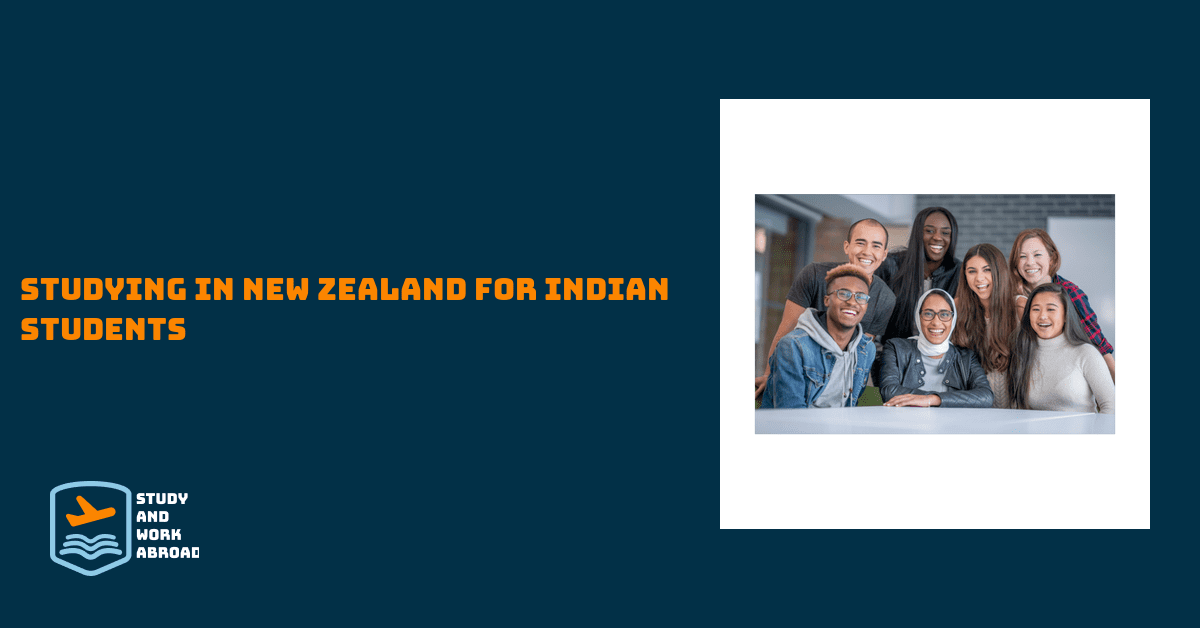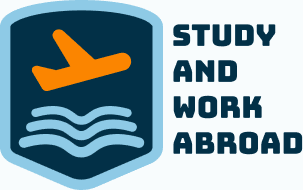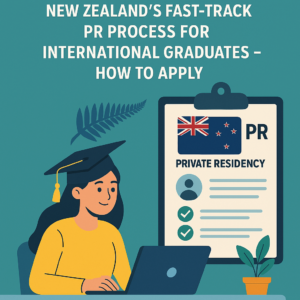Call Us:+91-9920234749, +91-9833420909 info@studyandworkabroad.in

Studying in New Zealand for Indian Students
One of the most popular school destinations to study abroad is New Zealand. Some colleges and universities send scholars to study abroad to further education and a have a broad opportunity to advance your career after the completion of the study. The universities and colleges have been recognized globally without compromising its outstanding academic standards.
New Zealand’s culture and history is very much similar to that of North America. The cultural diversity of the land, the norms and the traditions are very adaptable, thus you will be able to stay more grounded when migrating to New Zealand. As a student, you will be able to enjoy the familiar aspects and characteristics of the common heritage of the country, whether you are in college or in a graduate class, you will get a wide and extensive perception of the world. This higher education overseas program gives a matchless opportunity to students to experience New Zealand’s vibrant and diverse culture, sharing connections not just with the locals but with other foreign students as well. English is the main language in most provinces and state so language will not be a barrier.
Why Study in New Zealand?
Across the country, there are thousands of different options of study or courses offered. Whether you are a post graduate looking to further studies and take up Masters or PhD courses or undergraduate getting on your first degree. There are program details available from different schools that you can request from, admission requirements, application deadlines, information about tuition fee costs and other fees and requirements for the academic entry are available upon request. Most universities’ educational programs are accredited by the government of New Zealand. There are 8 main universities, 18 polytechnics, and several colleges for you to decide/choose from.
New Zealand universities offer a wide range of subjects and pretty much available from bachelors degrees, research masters or PhDs. Among the list of courses offered are Animals and Land, Creative Arts, Design and Media, Engineering, Hospitality, Tourism and Event Management, Law and Criminology, Nursing, Midwifery and Paramedicine, Social Work and Counseling, Architecture, Building and Construction, Economics, Commerce, Business and Management, Health Sciences (Academic), Computer Science and Information Technology, Renewal Energy and Marine Environment, Psychology, Sports, Exercise Science, Arts, Humanities and Languages, Teaching and Education, Health Sciences (Professional), International Relations and Development Studies, Science, Medicine, Dentistry and Oral Health.
Job Prospects
After completion of masters degrees, job prospects for students are very good. Most outstanding universities across New Zealand have the biggest opportunities to get career extremely to the top level. The standing of the school or university does really matter a lot, so it is best to choose the most reputable school.
While New Zealand is a nation located just 1500 km East of Australia, the educational structure is strongly similar to that of the United Kingdom’s educational system. Among the best ranking universities in New Zealand are University of Auckland, Auckland University of Technology, University of Otago in Dunedin, Massey University, University of Waikato in Hamilton, and University Of Canterbury in Christchurch.
The rate of the students aiming to study in New Zealand has rapidly increased over the years. It is a country that has the world’s best universities, a world-class provider of international classes and courses, has a very notable school campus, a very progressive education system. Most universities work with semester system; it is self-managing, and has internal and external monitoring provisions in reviewing their programs. The school year begins in late February and ends in November and begins in July also (there are 2 intakes in the year).
Levels of Study in New Zealand
The levels of study in New Zealand are ranked from Level 1 to Level 10. Level 1 is the certificate level, which requires one-third at least of full-time study for one whole year. Part time study is also allowed for a number of years. All tertiary education schools offer certificate level courses. A National Certificate of Education Achievement certificate is a qualification registered between levels 1 to Level 7 on the NQF or the National Qualifications Framework.. It covers the same learning outputs in all different schools and universities in New Zealand. They inform employers you have proven the skill in whatever area of work or trade you are in. It is one way that the employer knows that you are qualified. While you are on a job, you can train also for a National Certificate through internship training.
The Level 4 is still a certificate level course, but this time offers scholarships. The Scholarship Program includes a series of examinations, which includes portfolios designed to test students and financially reward exceptionally able students going to tertiary education. The Level 5 is a certificate level study that requires a diploma. Diplomas are provided by most tertiary schools; one year full time study is required but can also be from a certificate follow on to a diploma.
Level 6 qualification and studies are Certificates, Graduate Diplomas and Certificates, Level 7 still on the certificate level study, but this level includes Graduate Diplomas and Certificates, Bachelors degree graduate. The Level 8 qualification and study are for Postgraduate Certificates, Postgraduate Diplomas, Bachelors Degrees with Honors, Level 9 qualification and study requires Masters Degrees and lastly Level 10 requires Doctorate qualification.
How much will you be spending to study in New Zealand?
The cost of study in New Zealand differs from every university to college, and also varies with which courses you are taking. I have listed a few courses with the estimated range of yearly tuition fees. For more specific cost information, you may contact the respective colleges and universities.
Undergraduate Courses, for Arts, Humanities, Social Sciences, Commerce, Administration and Management the yearly tuition fee is 10,000 to 12,500USD. Computing and Mathematical Sciences courses, 13,000 to 15,000USD yearly, Engineering courses ranges from 16,000 to 17,000USD yearly, Science, Science Technology courses ranges from 14,000 to 16,000USD per year and the Technology courses ranges from 14,000 to 18,000USD yearly. Postgraduate courses for Arts, Humanities, and Social Sciences tuition fee ranges from 14,000 to 16,000USD yearly, Master of Business Administration ranges from 18,000 to 24,000USD and Engineering tuition fees ranges from 18,000 to 24,500USD yearly.
The following are the Long Term and Short Term Skill Shortage List:
The Long Term Skill Shortage List (LTSSL) includes skilled professionals from the following fields:
- Agriculture
- Forestry
- Education
- Construction
- Engineering
- Finance and Business
- Health Services
- Social services
- Information Communication Technology and Electronics
- Oil and Gas
- Recreation
- Hospitality
- Tourism
- Science
- Trades
- Telecommunications
- Transport
The Short Term Skill Shortage List (STSSL) includes skilled professionals from the following fields:
- Forestry
- Agriculture
- Construction
- Engineering
- Education
- Finance
- Business
- Health Services
- Social Services
- Oil and Gas
- Science
- Recreation
- Tourism
- Hospitality
- Transport
- Trades
- Sciences
Migrating to New Zealand
Not only that New Zealand is known to be the country to live in the world, it has the lowest cost of living and the lowest crime rates. You can enjoy various outdoor activities apart from your regular studies. The estimated annual cost or expenses, including accommodation and other daily expenses are about 10,000 to 12,000 New Zealand dollars. Post-study open work visa application must be applied no later than 3 months. For post-study employer assisted work visa application, Work Visa conditions will apply depending on the duties and must meet requirements with valid relating information. Study to work qualification requires Level 7 prerequisite, or above on the NQF, or New Zealand Qualification Framework or should be eligible for points under the Skilled Migrant Category.



